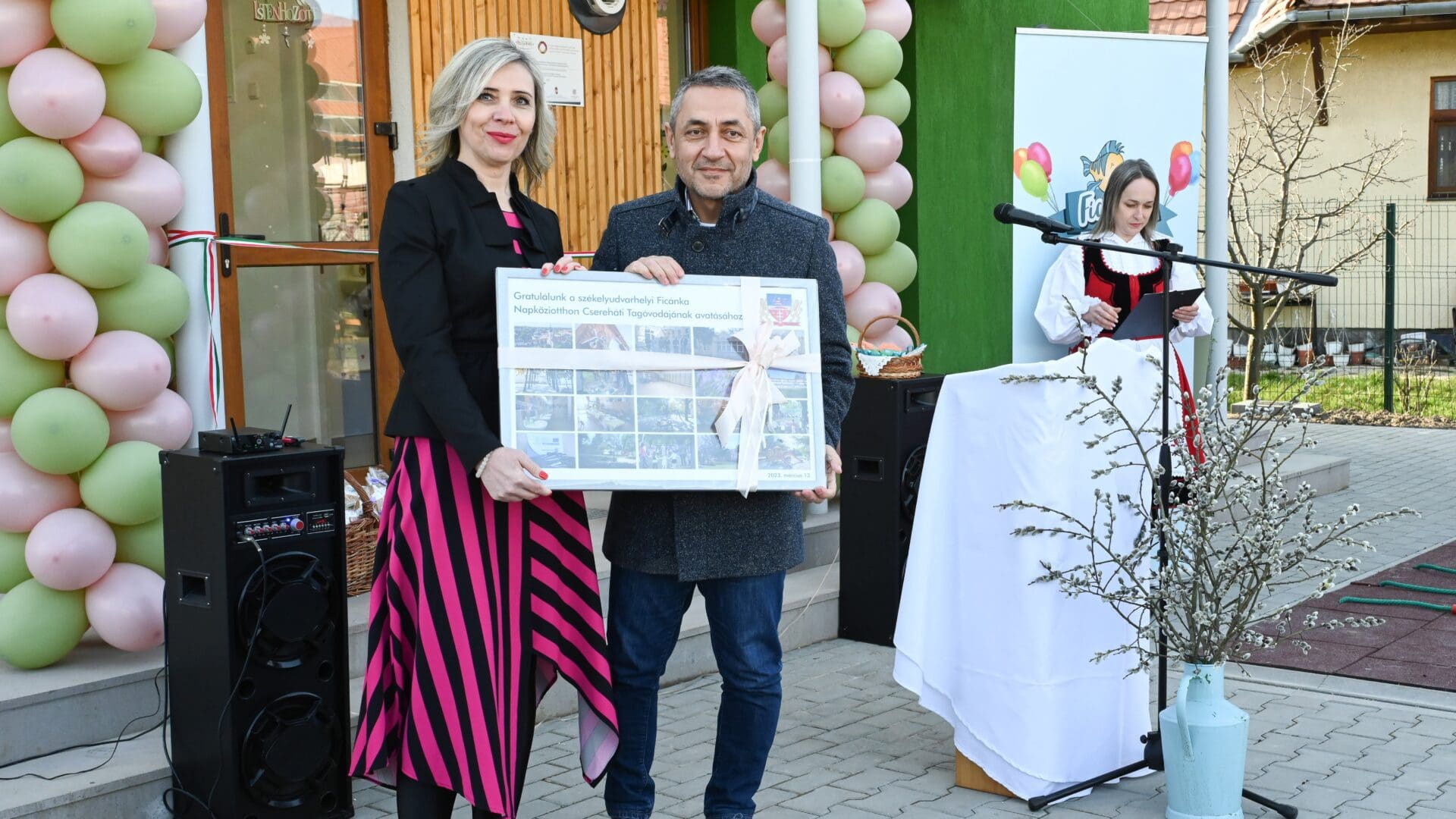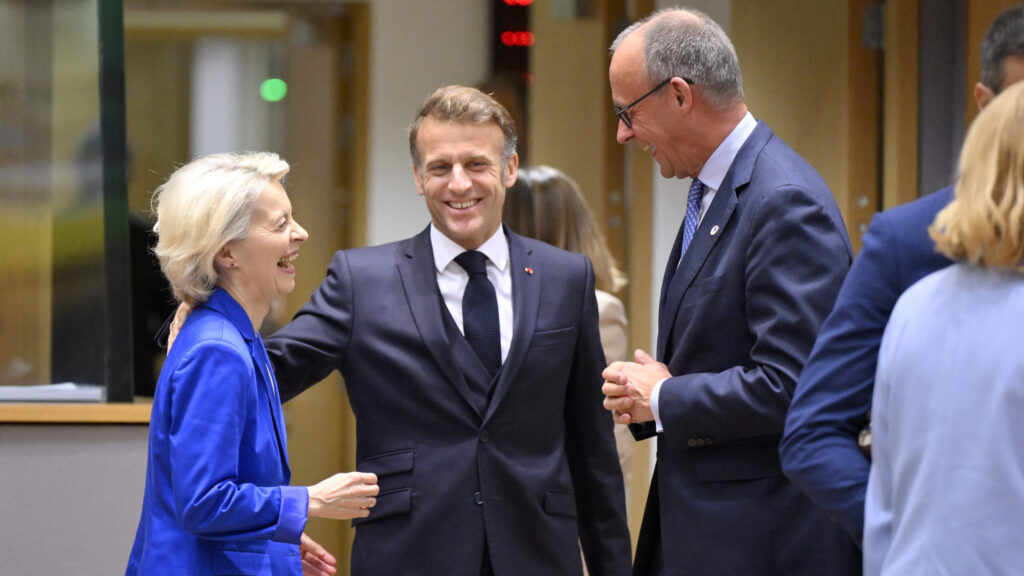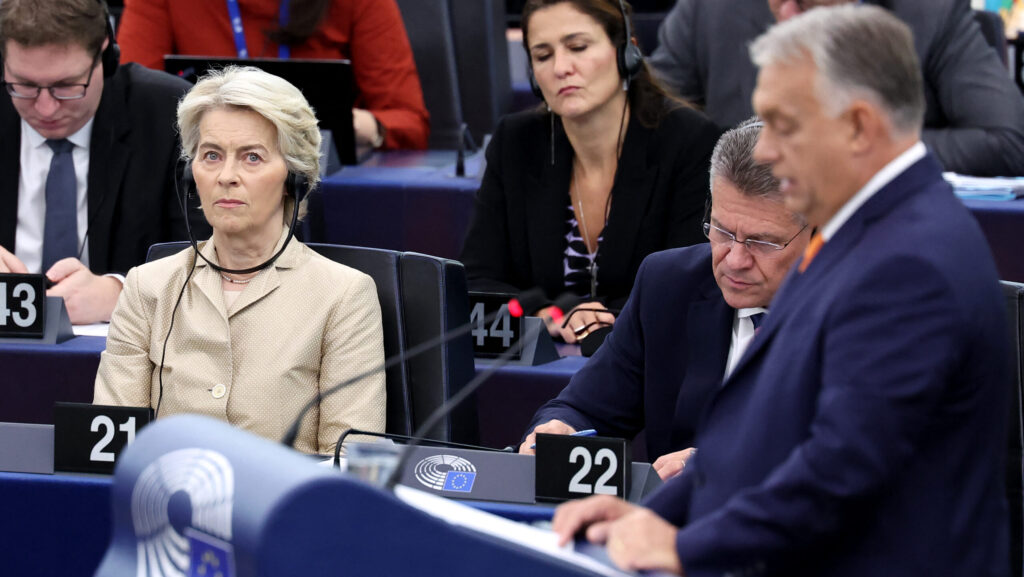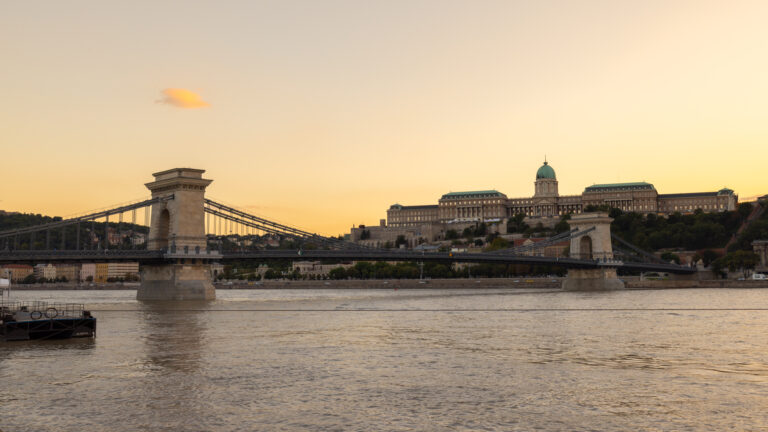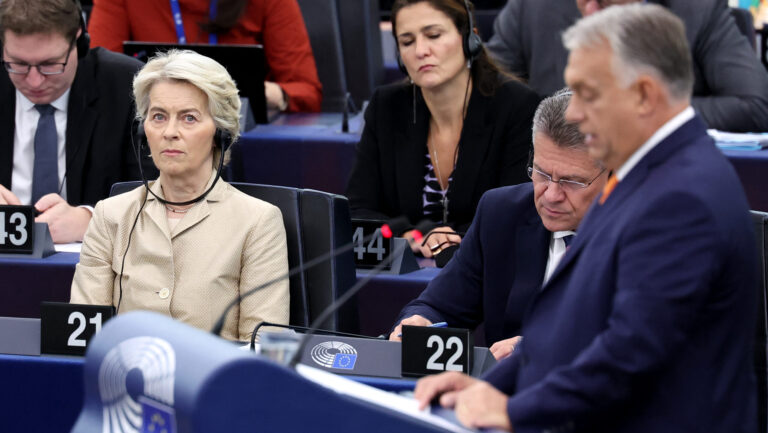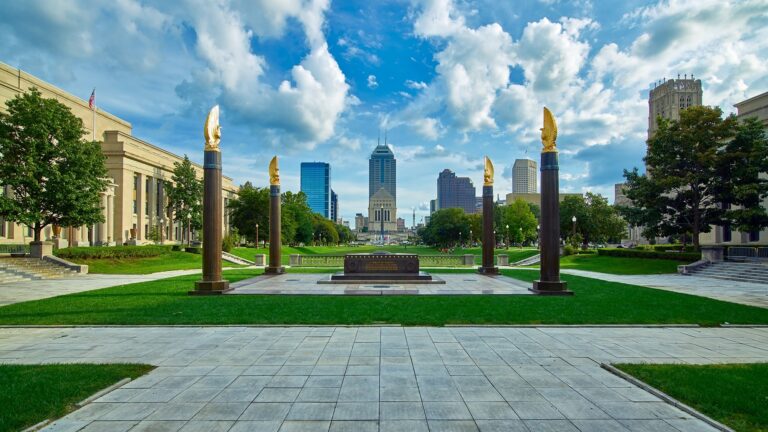The Hungarian government will complete all of its investment projects in the Carpathian Basin, none of them will remain unfinished, proclaimed Árpád János Potápi, State Secretary for National Policy on Monday in Székelyudvarhely (Odorheiu Secuiesc).
He went on to say that no new major investments will start in 2023, but every investment that started with the support of the Hungarian government will be completed, whether it is the construction of a kindergarten, nursery, school, university, community spaces, or the renovation of a church.
Árpad János Potápi made these statements while participating in the opening ceremony for a new day-care centre that accommodates 75 children in Székelyudvarhely in Romania. The facility was developed with the support of the Hungarian government under the Carpathian Basin kindergarten development programme.
He also reminded the audience that the programme launched in December 2016, and is currently in its fourth phase.
The Hungarian government has provided more than 56 billion HUF for the border regions.
153 new kindergartens and nurseries are being built throughout the Carpathian Basin, while 720 existing institutions are being renovated, expanded, and developed.
In Transylvania, investments are being realised in partnership with The Hungarian Teacher’s Association of Romania (RMPSZ) and the historic Hungarian churches, with municipalities also being involved in the projects, Potápi said. In partnership with RMPSZ, 368 investments are underway, costing 6.3 billion HUF in total. 14 new institutions are being built, while 354 existing ones are being expanded and developed. Most have already been completed, and seven projects are still ongoing, with good progress.
Árpád János Potápi pointed out that the world has changed significantly since December 2016, referring to the global pandemic and the war in Ukraine. Therefore, no new investments will start this year due to external circumstances, but he expressed hope that a ceasefire or peace treaty will soon be established, and ‘development will continue in the same direction.’
He emphasised that kindergartens and schools should be built where there are families with children. ‘Let there always be a need to build new kindergartens and nurseries, because if there are children and young people, our nation has a future,’ he said.
The newly inaugurated, 242-square-metre (2,600-square-foot) day-care centre was built in the Cserehát neighbourhood of the city on a 1,605-square-metre (17,000-square-foot) plot owned by RMPSZ. The total cost of the investment was 200 million HUF. 75 young children will be able to learn here in modern conditions in three groups.
In his speech, Botond Burus-Siklódi, the president of RMPSZ, pointed out that
the nursery development programme may be the largest investment that has taken place in the border areas in the past century,
and the organisation has also attached a professional training programme to it.
‘The building is ready, but it needs to be populated. That is the task of the people of Székelyudvarhely and Cserehát!’ he said. He emphasised that the municipality of Székelyudvarhely also contributed to the facility by providing its interior furniture and equipment.
At the event, Csilla Antal, the director of the institution, expressed gratitude on behalf of the children and educators, while Ferenc László did so on behalf of the parent community for the modern-day care building. Mayor of Székelyudvarhely Árpád Gálfi was also among the distinguished guests.

